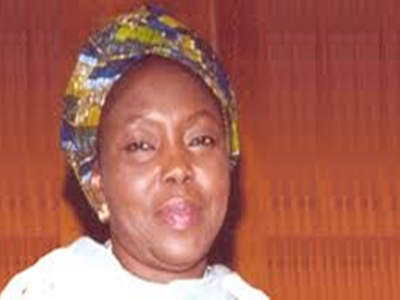
THE Fiscal Responsibility Commission (FRC) has said that only sound institutional governance will assist Nigeria to make a difference in fiscal prudence and transparency in the present circumstances.
The commission listed the challenges of achieving fiscal prudence as poor and decaying infrastructure, epileptic power supply, weak fiscal and monetary policy, fiscal dominance of credit to the public sector, weak institutions and regulatory deficits, and over-dependence on the oil sector, among others.
FRC stated that the Fiscal Responsibility Act of 2007 is a veritable winning strategy put in place by government to fight corruption, stressing that corruption festers where there is idle funds to nibble at by unpatriotic public officials especially, where the budgeting process is shoddy and shambolic.
These views were expressed yesterday by the Acting Chairman, Fiscal Responsibility Commission, Victor Muruako, in his remarks at a meeting on modalities for fiscal responsibility index held in Abuja.
The Chief Executive Officer of the Centre for Social Justice, Eze Onyekpere, noted that the proposed fiscal responsibility index being put in place by the Centre, in collaboration with the commission and the Open Society Initiative for West Africa [OSIWA], is a Nigerian index designed for the Ministries, Departments and Agencies [MDAs].
‘’It is therefore the objective of Fiscal Responsibility Index [FRI] to provide objective analysis and review of implementation of fiscal governance laws and policies across the MDAs with a view to supporting and facilitating capacity building and improvements,’’ he said.
Onyekpere stated that FRI is about change and the process of change for the common good, noting that it focuses on key areas of policy- based budgeting, budget comprehensiveness and transparency, budget credibility, budget implementation, monitoring and evaluation.
‘’It also deals with accounting, reporting and auditing and has a section for the Ministry of Finance. It is partly a self assessment exercise that will identify the gaps and facilitate the design of remedial action, including capacity building and systematic reforms’’.
He explained that the trust of the FRI is to strengthen processes and systems, and in the long run, guarantee that the proposed benefits of budgets and fiscal policies reach majority of Nigeria’s population.
In his opening remarks, the Program Coordinator, Economic Governance of the Open Society Initiative for West Africa [OSIWA], Amenaghawon Joseph Idahosa, said: ‘’The project’s overall objective is to contribute to the emergence of an accountable, transparent and value for money fiscal regime at the federal level, whilst the overall expected outcome is that clear public preference are reflected in the operating and decision making processes at the federal level’’.



